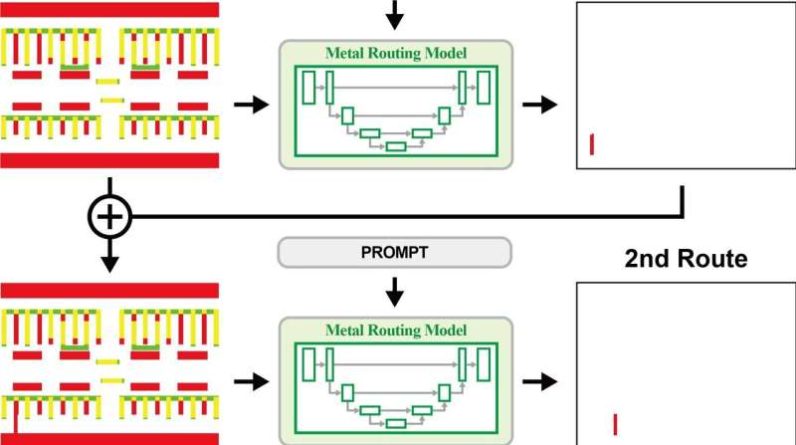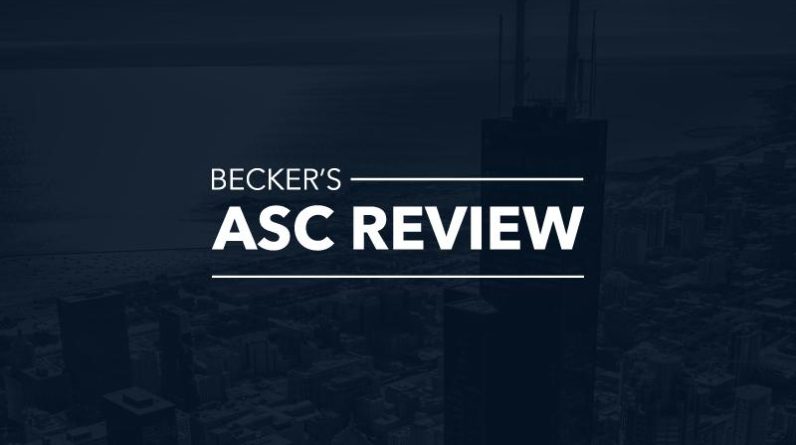Determining the role of artificial intelligence in the advertising and marketing sector persuaded Winston-Salem advertising agency The Variable to dive in through its acquisition of Data Crunch of Raleigh.
Data Crunch is an artificial intelligence and advanced analytics company that helps clients solve business problems through innovative technology. It has worked with a range of brands that include Deloitte, American Express and USAA.
The Variable was co-founded in 2011 by Keith Vest and Winston-Salem native Joe Parrish, who serves as the agency’s chief creative officer. Vest, still a partner, serves as an executive board advisor. The company currently has 114 employees, with the majority living in or near the Triad while its work-from-anywhere policy allows for a national and global workforce.
Among its clients are brands such as NAPA Auto Parts, Electrolux, Char-Broil, BASF, Nestlé and Proctor & Gamble.
People are also reading…
Parrish took time recently to address the Data Crunch acquisition and its implications. An edited version follows.
When did The Variable determine that acquiring an artificial intelligence company was an important element of serving clients?
Our industry has been trending toward data-based decision making for years. We worked with Data Crunch on several data analytics-based engagements in the past and were always impressed with their business acumen.
When they showed us the power of predictive data analytics combined with generative AI, we realized it would affect our industry profoundly, and we knew we had to be ahead of that change.
Was this a necessary step for The Variable to be not only cutting edge in terms of marketing analysis, but also in remaining relevant to clients?
Our clients’ jobs get more complicated by the day. If we’re not able to keep up with the complexity of their business, we’re not able to provide meaningful value.
Clients appreciate our consultative approach to problem solving.
With the acquisition of Data Crunch, we keep pace with the complexity of today’s business environment and add applied AI and advanced analytics to our solution set.
Can you provide some examples of how that would work and in which marketing channels would be featured?
We don’t believe the immediate value will be realized through a marketing channel. We actually think our clients will see the most early value through new found data accessibility.
We’re currently building a tool that will give clients unparalleled understanding of their own data … to help them find the signal in their noise.
How is the agency now, and expect to in the future, balancing what AI is recommending with old-fashioned human intelligence and gut feelings?
The irony is that we believe AI will make human intelligence and gut instincts more important than ever.
Generative AI tools, like ChatGPT, are currently goodish at generating ideas. But that doesn’t mean they are good at generating ideas people like.
When everyone has access to lots of ideas, the value lies in the people who can recognize the good ones. And that ability only comes from some weird intersection of gut instinct, creative intuition and business prospection … a place The Variable is very comfortable occupying.
Besides more quickly crunching data, what advantages does the new AI process offer The Variable and clients?
It’s not just about quickly analyzing data; it’s about quickly arriving at solutions.
Properly applied, AI will condense the time necessary for a large part of the advertising, innovation and business transformation process. AI can get us to 75% really fast, and 75% represents a large amount of time and tedium.
But it still needs the 25% of humanity to make the leap between data and delight.
The agency also talked about the acquisition in terms of helping clients prepare for the impact of AI on their business. How receptive do you believe customers will be to incorporating AI conclusions into their strategies?
Every client we work with wants to understand the relevant applications of advanced analytics, emerging technology and artificial intelligence to help them make more confident business decisions and increase the odds of success.
I don’t think you can rely on AI to reach conclusions. But you can leverage AI and sophisticated data analytics to reach smarter hypotheses.
Ultimately, strategic conclusions are reached by human strategists and creatives and business managers.
We believe that AI, when well applied, should be invisible to the customer.
It is a means to an end. Not the end in itself.
rcraver@wsjournal.com
336-727-7376
@rcraverWSJ
Get local news delivered to your inbox!
Subscribe to our Daily Headlines newsletter.





